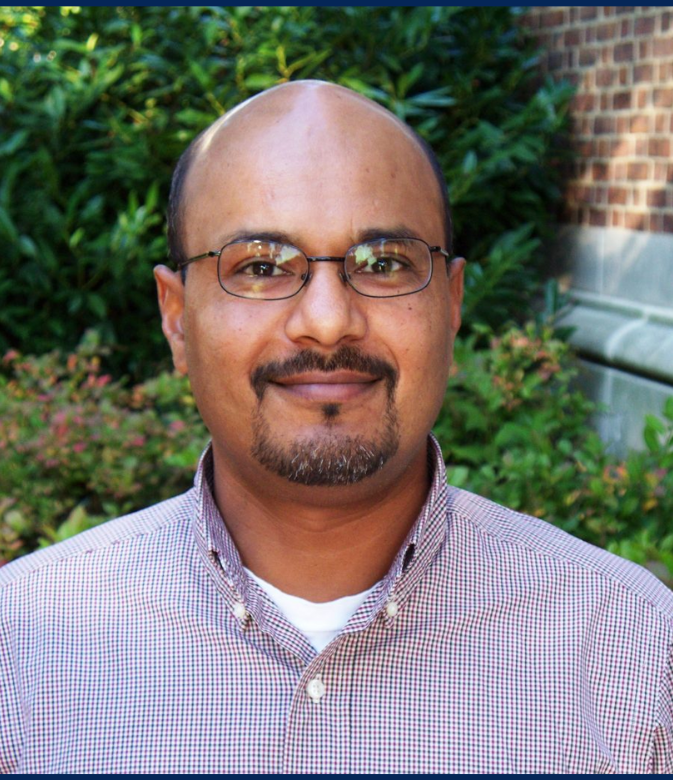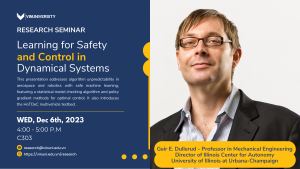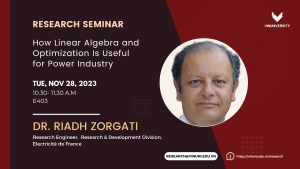The (Un)known-(Un)knowns of COVID-19 Transmission – An Engineer’s Perspective
Speaker: Rajat Mittal, Ph.D.
Professor of Mechanical Engineering at the Johns Hopkins University. Member of the VinUniversity Academic Advisory Board.
Wednesday, Sept 15, 2021, 8 pm Hanoi time
 |
Abstract: COVID-19 spread across the world with a speed and intensity that laid bare the limits in our understanding of the transmission pathways of such respiratory diseases. After much confusion and misinformation, there emerged a consensus that airborne transmission from very small respiratory droplets is the most important route for the spread of COVID-19. Each stage in this transmission pathway is mediated by complex flow phenomena, ranging from air-mucous interaction inside the respiratory tract, turbulence in the exhaled jet/ambient flow, to inhalation and deposition of these aerosols in the lungs. Given the emergence of the Delta-variant and the resurgence of infections in many communities, the importance of communicating infection risk across scientific disciplines, as well as to policy/decision makers, is more important than ever. Inspired by the Drake Equation that provides a framework to estimate the seemingly inestimable probability of advanced extraterrestrial life, we propose a relatively simple model for estimating the risk of airborne transmission of a respiratory infection such as COVID-19. The model incorporates simple ideas from fluid dynamics with known factors involved in airborne transmission and is designed to serve not only as a common basis for scientific inquiry across disciplinary boundaries, but also be understandable by a broad audience outside science and academia.
Bio: Rajat Mittal is Professor of Mechanical Engineering at the Johns Hopkins University (JHU) with a secondary appointment in the School of Medicine. He received the B. Tech. degree from the Indian Institute of Technology at Kanpur in 1989, and the Ph.D. degree in Applied Mechanics from The University of Illinois at Urbana-Champaign, in 1995. His research interests include fluid mechanics, computing, biomedical engineering, biofluids and flow control. He is the recipient of the 1996 Francois Frenkiel Award from the Division of Fluid Dynamics of the American Physical Society, and the 2006 Lewis Moody, and the 2021 Freeman Scholar awards from the American Society of Mechanical Engineers. He is a Fellow of American Society of Mechanical Engineers and the American Physical Society, and an Associate Fellow of the American Institute of Aeronautics and Astronautics. He is associate editor of the Journal of Computational Physics, Frontiers of Computational Physiology and Medicine, and the Journal of Experimental Biology, and on the editorial boards of the International Journal for Numerical Methods in Biomedical Engineering, and Fluids (an MDPI journal).

![[Research Seminar] The Role of Academia in Large Scale Urban Planning: Example of the mobility index and NEOM in the KSA | Prof. Alexandre Bayen, UC Berkeley](https://vinuni.edu.vn/research/wp-content/uploads/2023/12/MicrosoftTeams-image-10-1-300x169.png)

